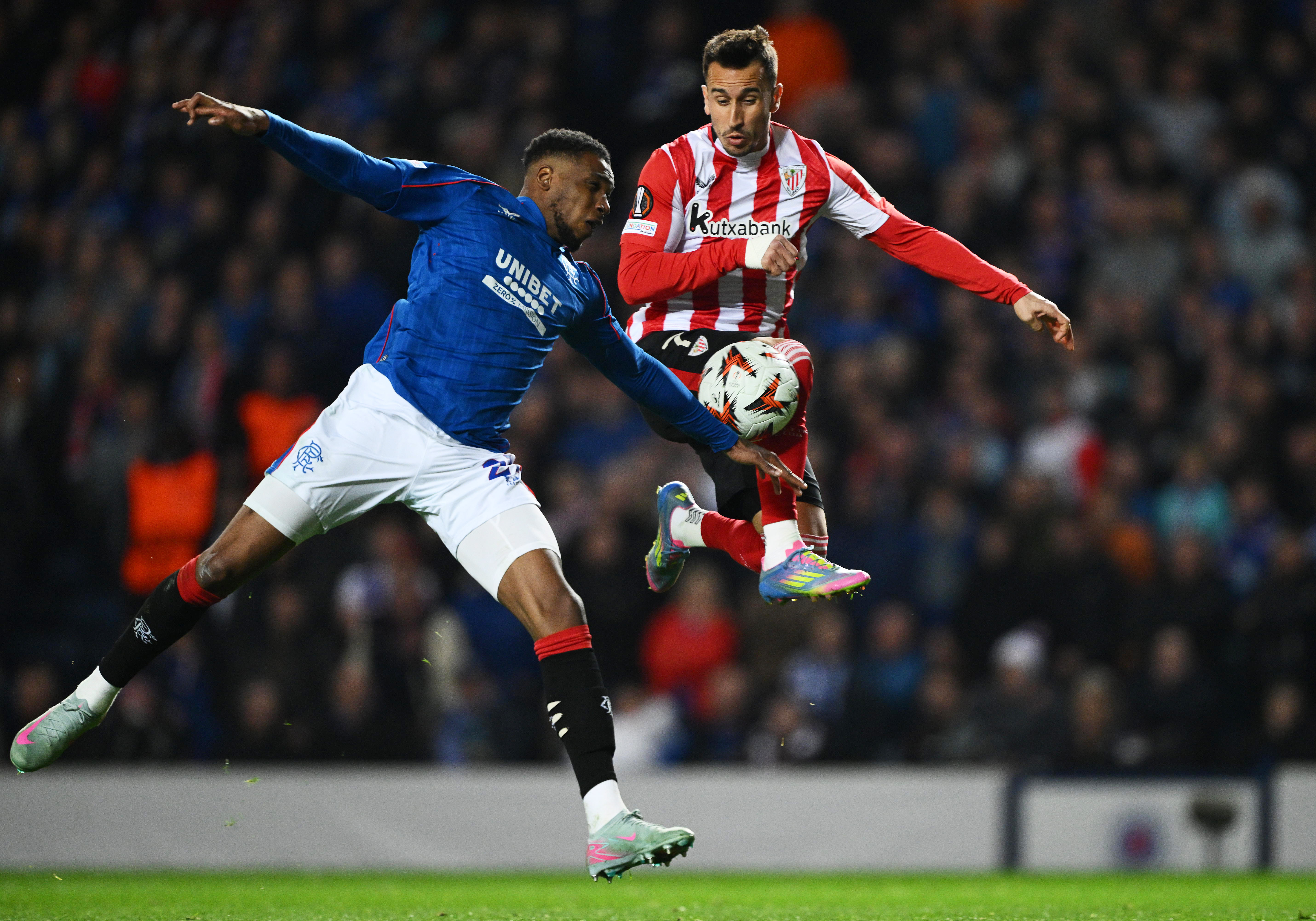How Harry Kane improved his speed
The Tottenham striker talks FourFourTwo through his thirst for improvement, including working with a sports scientist to try and gain an extra yard of pace
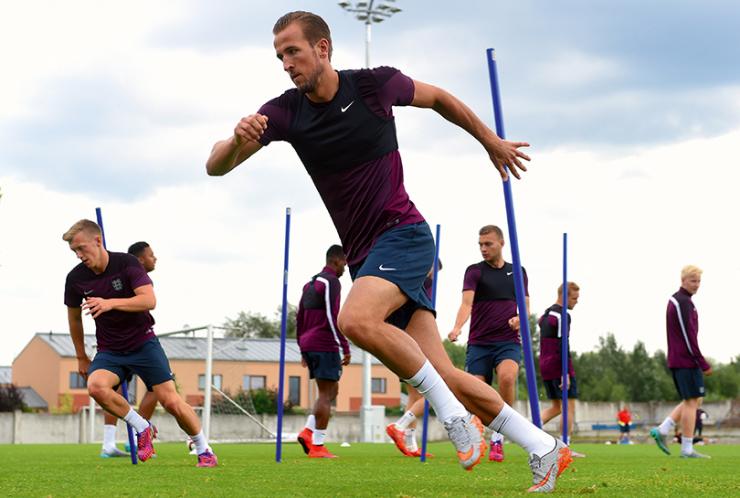
Analyse and improve
"After a game I ask one of the analysts to send me a recording of the match so that I can watch it at home and see where I could have done better. There are usually moments that stick out; when I think, ‘Oh, I want to see that back’, to see if I could have made a different run, selected a different pass or attempted a different finish. With the tape at home, I am able to flick through it and assess how I played. This helps me to identify areas for further improvement.”
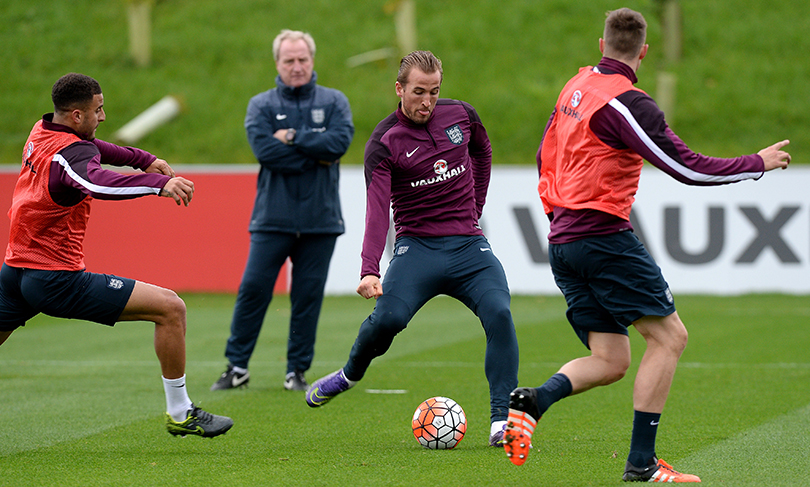
Power up your pins
"My aim was to become more powerful and quicker off the mark, so I worked hard in the gym. Before the start of last season I spent a lot of time working on my glutes and hamstrings. I did a lot of single-leg glute work to really help strengthen the muscles, and this ultimately contributed to my good form for Tottenham last season and made me the player I am today. Core work is also extremely important, as that’s where your strength and stability come from.”
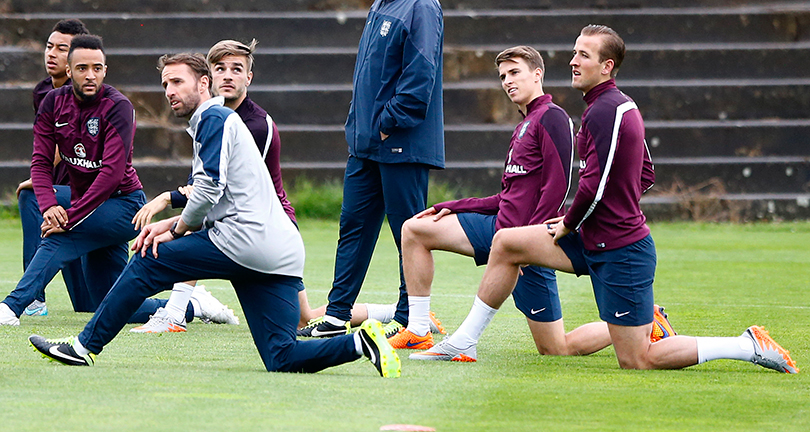
Get the need for speed
"Being able to out-pace your opponents gives you a huge advantage in football. I did a lot of work in the gym to improve my speed. Strengthening your glutes and hamstrings will give you the power you need to accelerate explosively, but you also need to ensure that your running technique is right. I worked with a sports scientist specificially on arm movement and the mechanics of sprinting. It’s really helped me, especially when I’m chasing a through ball.”
Get FourFourTwo Newsletter
The best features, fun and footballing quizzes, straight to your inbox every week.
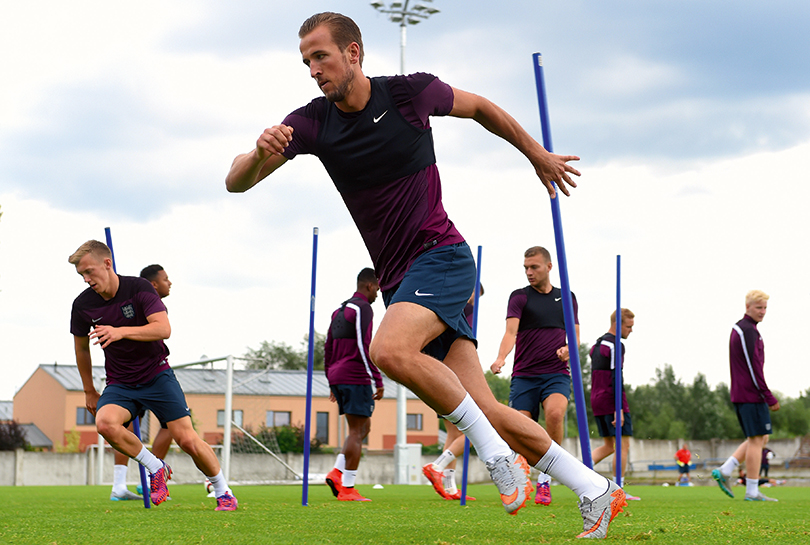
Put a shift in
"When you’re playing alongside another striker you work off each other, but when you’re on your own upfront you have to stay on the move in order to give your team-mates options. You have to make different runs across the pitch to help the team out. You’ve also got to be able to hold the ball up. To do this, I get a feel for where my marker is, make sure I take a good first touch of the ball, hold my ground and push the defender off to stop them nicking in front of me.”
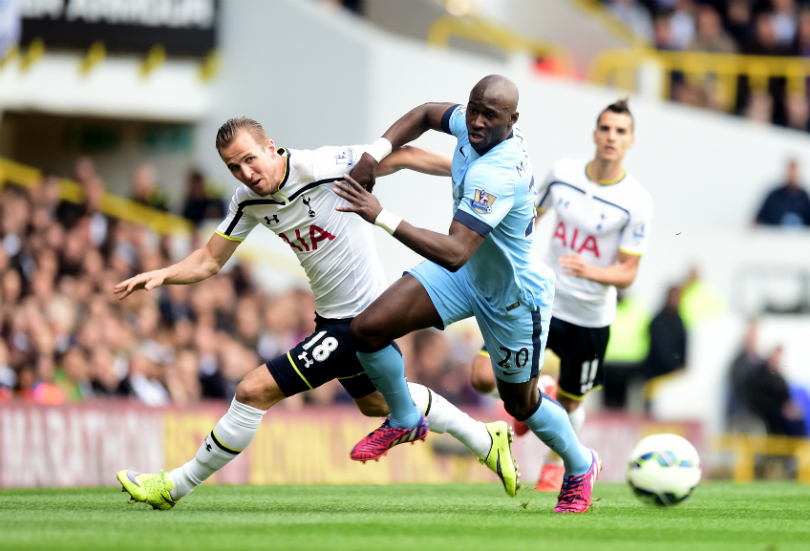
Be a fox in the box
"Les Ferdinand once told me the majority of opportunities fall for you inside the penalty box, between the posts. If you wander too far out of that area, you’re less likely to score. So, whenever you’re inside the 18-yard box or making a run, always aim to end up inside the width of the goal and a chance should present itself. When you do get a clear sight of goal, aim low and hard across the goalkeeper – these are typically the most difficult shots to save.”
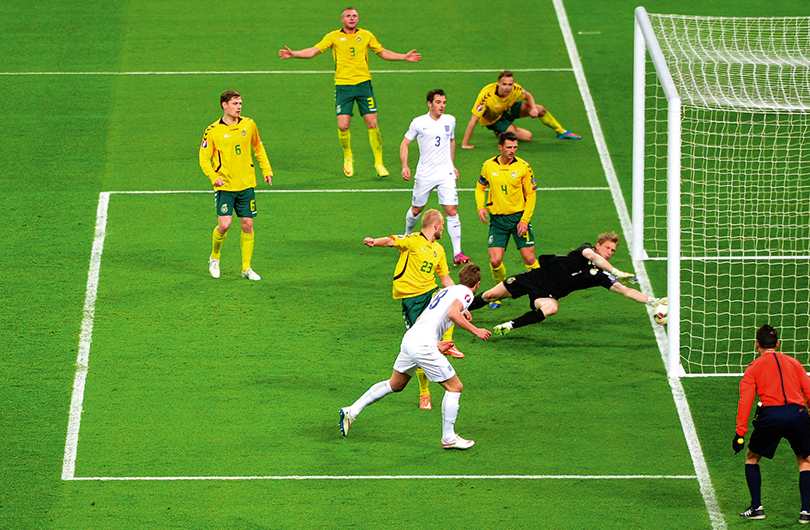
Stay headstrong
“When you’re playing well you can’t wait for the next game to come around – you just want to be out there on the pitch, scoring goals. It’s how you cope with a goal drought that really marks you out as a good striker. Try to work out what helps you get back to your goalscoring ways. I like to watch my previous matches back to see my goals and the things I’ve done well. I listen to advice from other experienced professionals and try to stay level-headed.”
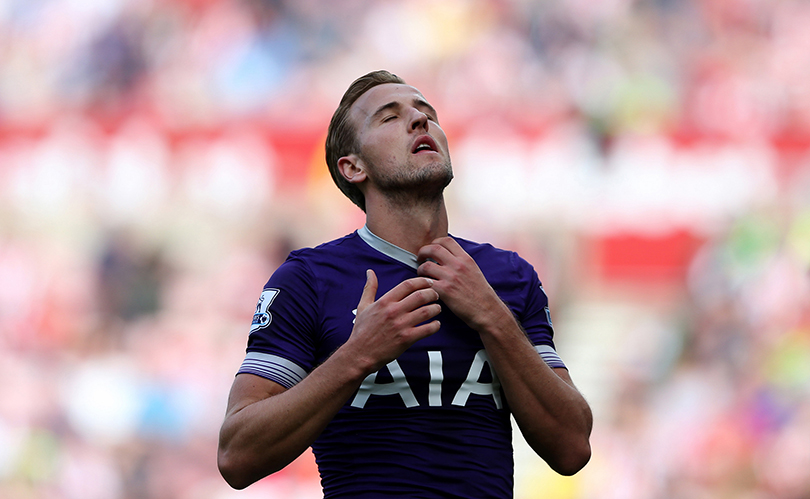
Recommended for you:
Sergio Aguero: Shake off your marker
Radamel Falcao: How to be a penalty-box predator
Thierry Henry: Finishing at speed
Wayne Rooney's shooting drill
Olivier Giroud: How to create and conquer
Rooney: Big match preparation
Ibrahimovic: How to play as a targetman
